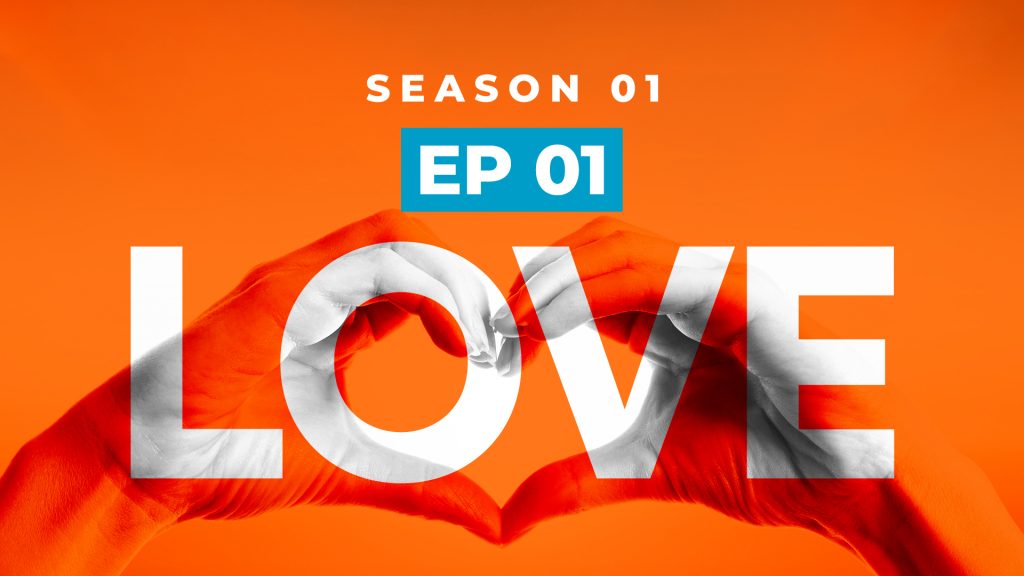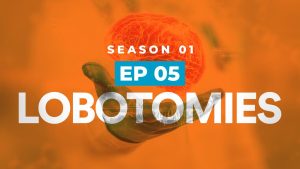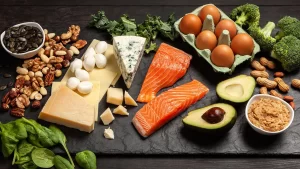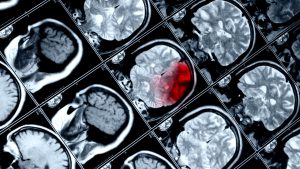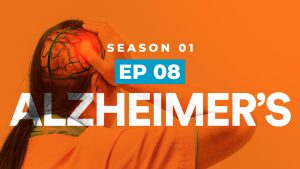Neurochemically, what is love? How can neuroscience help us maintain long-term relationships? Is heartbreak real?
In this episode, we discuss the neuroscience and psychology of:
- Why falling in love can feel so stressful
- How being infatuated activates the same neurotransmitters as having OCD
- What happens to your brain when exciting new romances settle into comfortable decades-long unions
We speak to evolutionary anthropologist Anna Machin, renowned author, speaker and evolutionary anthropologist at the Department of Experimental Psychology at Oxford University, England, and author of ‘Why We Love’, about oxytocin, dopamine, and lesser-discussed hormones like beta-endorphins, whether genetics can heighten our predisposition to desire relationships, and why love (in all forms, not just romantic) is a fundamental human need.
Cardiologist Columbus Batiste, MD joins us for a conversation around love’s impact on both the heart and the brain, and what the medical term for heartbreak has to do with octopi!
We speak with psychologist Dr. Arthur Aron, esteemed professor of psychology at the State University of New York at Stony Brook, best known for his work on intimacy in interpersonal relationships, and development of the self-expansion model of motivation in close relationships, about the differences between passionate and companionate love, and what his self-expansion model says about why we’re motivated to seek out relationships.
Dr. Richard S. Schwartz, MD, renowned psychiatrist, author and associate professor at Harvard Medical School and on the faculty of the Boston Psychoanalytic Society and Institute and the Psychodynamic Couple and Family Institute of New England, discusses the neuroscience of distinguishing love from obsession. His work and research focuses on social connection and lasting marriage. With his wife, Jacqueline Olds, MD, he has co-authored three books on these subjects.
Plus: we share our own love story — meeting while working on healthcare systems in war-torn Afghanistan — and explore how love can be found in the midst of shared challenges.

